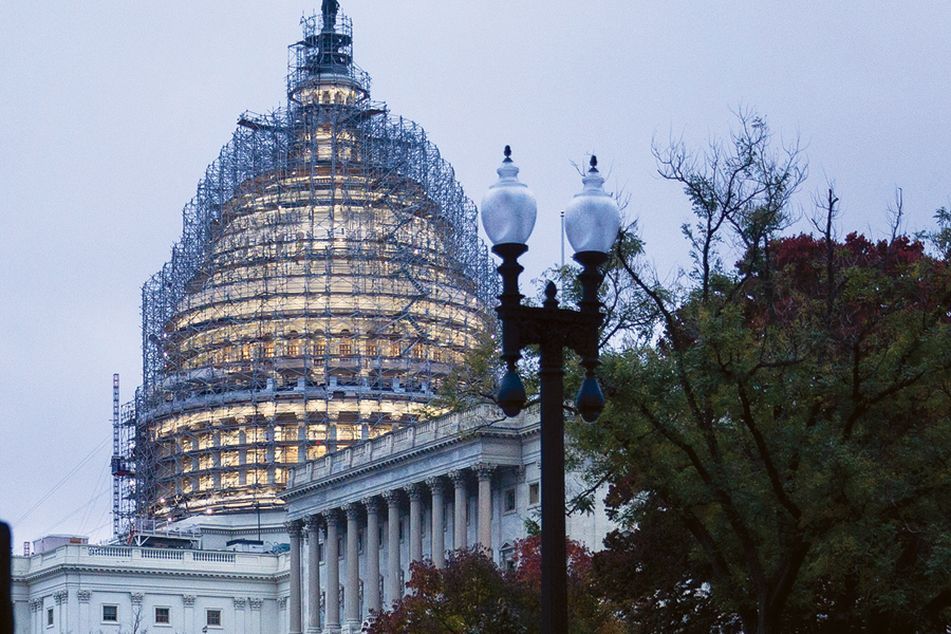New bills aim to stop DOL fiduciary rule

New bipartisan legislation would quash a Labor Department proposal to strengthen investment advice standards for retirement accounts.
Bipartisan lawmakers introduced bills Friday that would stop a Labor Department proposal to strengthen investment advice rules for retirement accounts and replace it with a standard written by the legislators.
The bills would require financial advisers working with 401(k) and individual retirement accounts to act in their clients’ best interests and disclose their compensation and potential conflicts of interest. They also include penalties for advisers who “violate the trust of their clients,” according to a statement from the bills’ sponsors.
The measures are a congressional response to the DOL rule, which establishes a legally binding requirement for advisers to act in the best interests of their clients.
The Strengthening Access to Valuable Education and Retirement Support Act, spearheaded by Rep. Peter Roskam, R-Ill., and the Affordable Retirement Advice Protection Act, led by Rep. Phil Roe, R-Tenn., would require Congress to approve the DOL rule before it goes into effect. If that vote failed, the fiduciary standard outlined by the bills would substitute for the DOL rule.
“We’re proud to strengthen and protect retirement planning tools for working families by raising investment advice standards throughout the industry,” Reps. Roskam, Roe, Richard Neal, D-Mass., and John Larson, D-Conn., said in a statement. “These bipartisan proposals require advisers to serve their clients’ best interests, strengthen protections for retirement savers and maintain quality financial advice for small businesses and low- and middle-income Americans.”
The DOL is expected to finalize the rule early next year so that it is completed before the Obama administration leaves office. It’s not clear how quickly the legislation introduced Friday will move through the House or whether it will receive support in the Senate. Even if it passed Congress, it would almost certainly be vetoed by President Barack Obama.
A DOL spokesman was not immediately available for comment. But the agency previously has criticized the lawmakers’ attempt to write fiduciary duty legislation.
The bills were introduced on the same day Congress approved an omnibus spending package that did not include a rider to prevent or delay the DOL fiduciary rule that the financial industry had been pushing for.
The legislation written by Mr. Roskam and Mr. Roe are seen as another way for the industry to stop the DOL rule. Opponents of the rule say it is too complex and would significantly increase liability risk and regulatory costs for brokers, while making advice too costly for clients with modest assets.
Advocates for the rule say it would curb conflicts of interest for advisers that lead them to recommend high-fee investments that erode retirement savings. Barbara Roper, director of investor protection at the Consumer Federation of America, said the legislation would do nothing to ensure that financial advisers act in their clients’ best interests.
“Instead, the bills would continue to allow firms to disclaim away their fiduciary obligations,” Ms. Roper wrote in an email. “[T]his is worse than the status quo — exactly what we would expect from a bill written behind closed doors with a small group of industry lobbyists.”
Learn more about reprints and licensing for this article.








